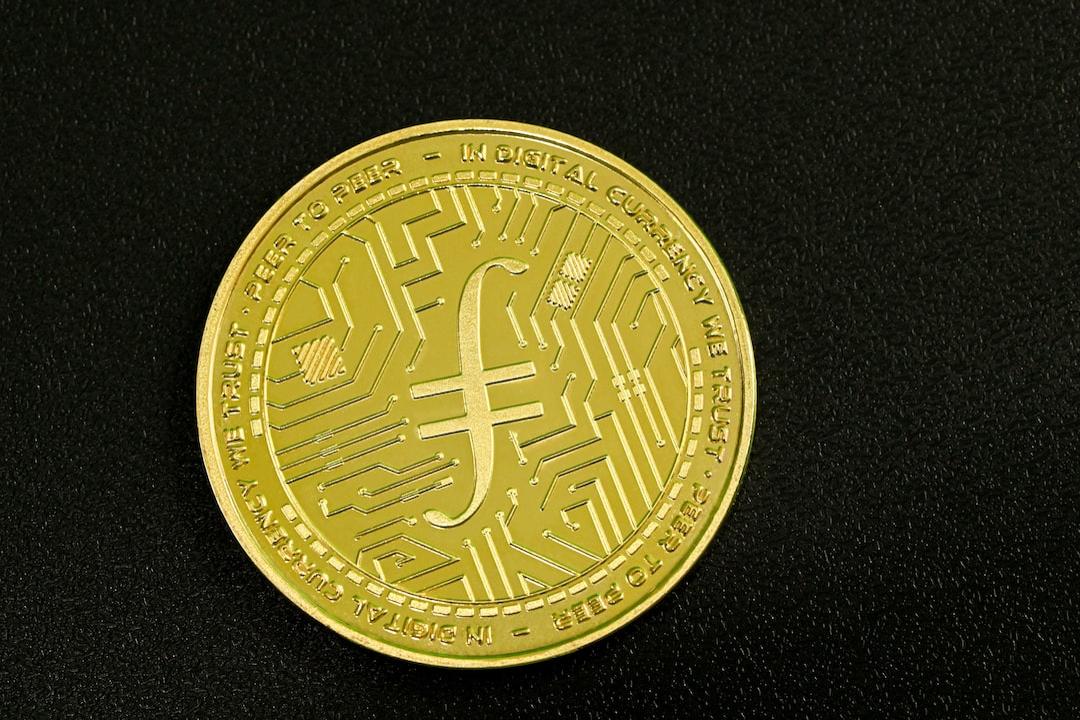Ava Labs, the company responsible for the Avalanche blockchain, is using its network to offer intellectual property management solutions to K-pop artists in South Korea.
According to a report from Allied Research, the K-pop industry is expected to reach a valuation of $20 billion by 2031, which includes ticket sales, sponsorships, and merchandise.
Justin Kim, the head of Ava Labs in South Korea, highlighted the importance of protecting artists and how blockchain technology could provide unprecedented transparency and efficiency for artists who are often underpaid by recording companies. This issue also extends to live music and events, where venues and ticket processing companies can underreport ticket sales, leading to reduced artist revenues.
The protection of intellectual property rights has become increasingly important in the 21st century as artists grapple with safeguarding their creations from copyright violations, unauthorized use, and AI programs that scour the internet for content for training purposes.
Platforms like Overlai address this issue for visual artists by embedding images and videos with an invisible watermark, which is then recorded to the blockchain, establishing an immutable record of ownership. Furthermore, the software allows visual content creators to choose whether to opt out of AI scraping.
Earlier this year, Cointelegraph interviewed Audius founders Roneil Rumburg and Forrest Browning to explore how blockchain could revolutionize IP management for musicians. Audius, a decentralized music streaming and intellectual property management platform, helps recording artists take control of their intellectual property with Web3 tools without exposing them to the technical onchain mechanics. Like Overlai, Audius also offers the option to opt in or out of AI scraping.
In a similar vein, Ghostface Killah of the Wu-Tang Clan released original music featuring a Bitcoin Ordinals inscription earlier this year, including a Creative Commons license allowing holders of the inscriptions to sample or alter the music. Additionally, legendary heavy metal group Megadeth minted and distributed non-fungible tokens to provide holders with exclusive experiences such as one-on-one meet and greets with the band members, demonstrating a powerful use case for blockchain technology in the music industry.

